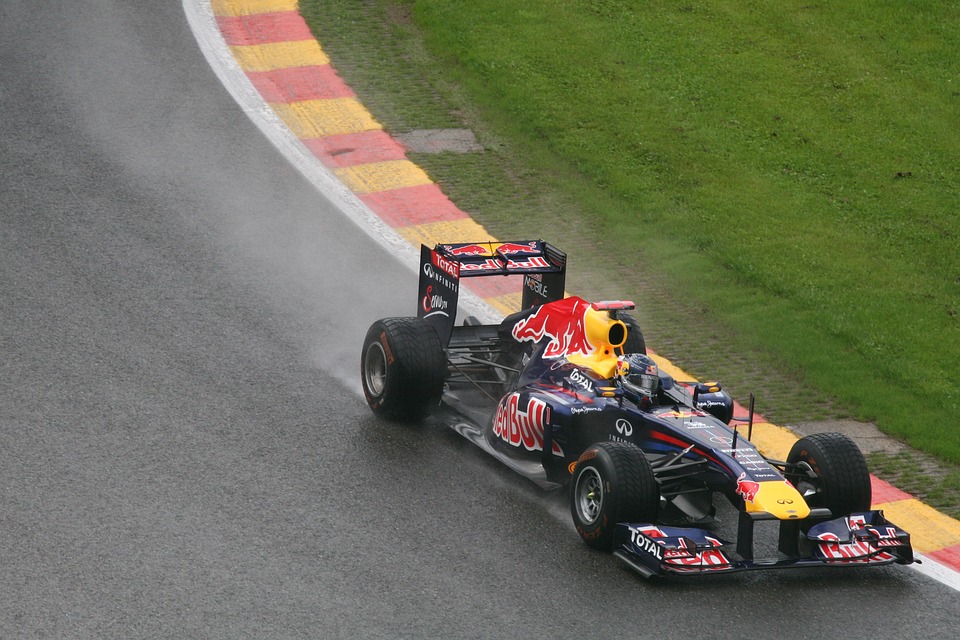Behind the Scenes: Planning an Exclusive Event
The Initial Concept
Planning an exclusive event requires careful consideration and attention to detail. It all starts with the initial concept, where the event planner works closely with the client to understand their vision and goals for the event. This may involve brainstorming ideas, conducting market research, and gathering inspiration from various sources.
Creating a Budget
Once the concept is established, the next step is to create a budget for the event. This involves outlining all the expenses involved in planning and executing the event, such as venue rental, catering, entertainment, and marketing. The budget should be realistic and align with the client’s financial resources.
Choosing a Venue
One of the most important decisions in planning an exclusive event is choosing the perfect venue. The venue sets the tone for the event and can significantly impact the overall experience for attendees. Factors to consider when selecting a venue include location, capacity, amenities, and cost.
Securing Vendors and Suppliers
After selecting a venue, the next step is to secure vendors and suppliers for the event. This may include caterers, entertainment providers, decorators, and audio/visual equipment rental companies. It’s essential to work with reputable vendors who can deliver high-quality services within the allocated budget.
Designing the Event Layout
Designing the event layout is crucial for creating a seamless experience for attendees. This involves determining the placement of various elements such as seating arrangements, food stations, and entertainment areas. The event layout should be visually appealing and easy to navigate.
Developing a Marketing Strategy
A successful exclusive event requires a strong marketing strategy to attract attendees and generate buzz. This may involve creating a promotional website, sending out invitations, and leveraging social media platforms to reach a broader audience. Marketing efforts should be tailored to the target demographic and reflect the event’s unique selling points.
Handling Logistics
On the day of the event, the event planner must oversee all logistics to ensure everything runs smoothly. This includes coordinating vendor arrivals, managing guest registrations, and troubleshooting any last-minute issues that may arise. Attention to detail is crucial to ensure a successful and memorable event.
Providing Exceptional Customer Service
Throughout the planning process and during the event itself, providing exceptional customer service is vital. The event planner must be responsive to the client’s needs and concerns, as well as attentive to the needs of attendees. Creating a positive and memorable experience for everyone involved is key to the event’s success.
Evaluating the Event
After the event is over, it’s essential to evaluate its success and gather feedback from attendees. This may involve analyzing attendance numbers, tracking social media engagement, and conducting surveys to gather insights on the event’s strengths and areas for improvement. By reviewing the event’s performance, valuable lessons can be learned for future events.
In conclusion, planning an exclusive event involves a combination of creativity, organization, and attention to detail. From the initial concept to the final evaluation, every step in the planning process plays a crucial role in creating a memorable and successful event. By following these behind-the-scenes insights, event planners can ensure that every exclusive event is a truly unforgettable experience for all involved.



